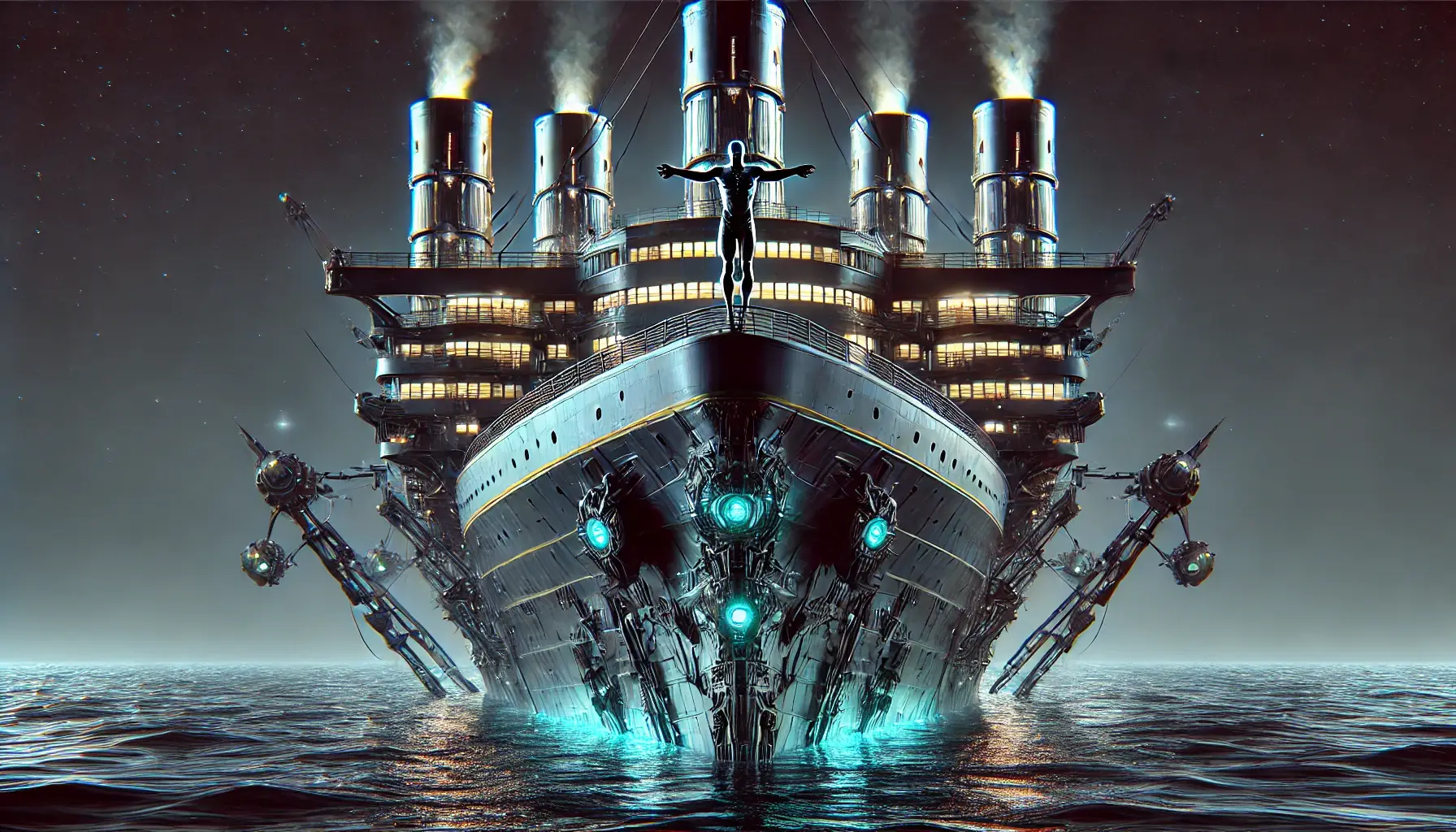Elon Musk’s Power, Politics, and the Cracks Beneath
Leonardo DiCaprio stands at the bow of the Titanic, arms spread wide, wind in his face, shouting, “I’m king of the world!” It’s an iconic moment—one of triumph, confidence, and limitless ambition. But for those who know how the story ends, it’s also the perfect symbol of impending disaster.
Now, picture a different scene: Elon Musk, aboard his private jet, flying at 40,000 feet, peering down at the world he increasingly controls. Social media? He owns it. Global internet infrastructure? He’s got that, too. AI? He’s shaping it. Political power? He’s using his wealth to expand his influence. He might not shout it out loud, but deep down, he believes it: I am king of the world.
The Rise: Buying Power, One Nation at a Time
Musk was once just an eccentric billionaire, the visionary behind Tesla and SpaceX, a man who promised to take humanity to Mars. But somewhere along the way, his ambitions grew beyond rockets and electric cars. He didn’t just want to shape the future; he wanted to control it.
His political transformation was gradual but undeniable. He went from donating to both parties to openly backing Republicans, calling for an end to regulations that hindered his businesses, and positioning himself as the champion of a so-called “free speech” movement.
But influence in America wasn’t enough. Musk took his power global, meeting with nationalist leaders like Hungary’s Viktor Orbán, who champions authoritarian policies.
The Data Grab: From Tech Genius to Global Overseer
Musk’s true power doesn’t come from money—it comes from information. He owns the infrastructure that keeps the modern world running.
- X (Twitter): After acquiring Twitter, he gutted content moderation, reinstated extremist accounts, and turned the platform into a chaotic digital town square where misinformation thrives.
- Starlink: Nations around the world rely on Starlink for internet access. Ukraine uses it in wartime, developing nations depend on it for connectivity.
- Tesla’s AI & Data Collection: Every Tesla on the road collects vast amounts of user data—locations, driving habits, even internal camera footage.
The Hubris: The Fall of the Tech King
- The rebranding disaster: Musk impulsively changed Twitter’s name to X, instantly erasing billions in brand value.
- The AI backpedal: He co-founded OpenAI, later denounced it, then launched his own competitor, xAI.
- The content moderation nightmare: By reinstating extremist voices and cutting moderation, Musk alienated both supporters of absolute free speech and advertisers.
The Sinking Ship: What Happens When Kings Fall
Musk’s empire, like the Titanic, seemed invincible. He built it on vision, innovation, and a belief that he alone could lead humanity forward. But unchecked ambition, combined with reckless decision-making, is a dangerous mix.
Whether Musk’s empire survives or collapses, the bigger question remains: How much control should one person have over civilization’s future?
*Portions of this work were assisted by ChatGPT, an AI language model by OpenAI, for formatting and reference structuring. All final content decisions were made by the author.*


